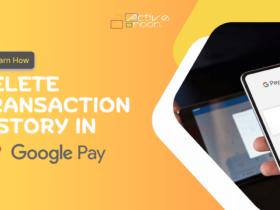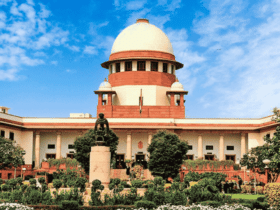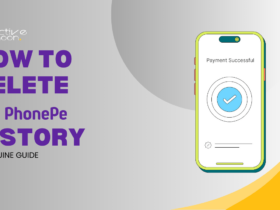In today’s world, it is important to pay proper attention to your personal information and to watch carefully what and where you post. Because all the information about you online can be used by scammers, blackmailers or just crazy people to profit and harm you. With the help of the tips from our article, you will learn how to protect yourself, using the Internet and online services, to leave a minimum of information about yourself.
1. Do not use your own phone number for registrations
Spam calls from unknown numbers and SMS-spam in the morning or at night are one of the most unpleasant problems of our time. Such spam contains advertising materials, suspicious links or simply unnecessary surveys. To save yourself from this, simply do not show your cell phone number anywhere. Especially when registering on obscure or suspicious resources.
If any site or application requires SMS verification for registration, you can use a virtual phone number to receive SMS. For example, such service is available on the site – SMS-man.com
Using SMS-man you can get virtual phone numbers of any operator from over 150 different countries. A great advantage of this service is the lowest prices and friendly interface that allows you to get an unlimited number of virtual numbers in a couple of minutes.
2. Keep an eye on your social networking profiles
Agree, most of your profiles on social networks or messengers contain a lot of personal information about you. Your full name, city of residence, date of birth, your personal photos and friends. With so much information about you, it’s easy for a scammer to gain your trust or pass this information on to malicious users.
That’s why we recommend you not to use your personal number. As we wrote above, use virtual mobile numbers – they’ll help you to register and use your favorite social network, while remaining anonymous. Also, most of the social networks have a “Private Profile” function – use it to make sure only your friends and other close people have access to your information and photos.
3. Create an additional e-mail address
This can help you separate your personal account from your account for business, registrations, and more. This way, your personal email address will be safe and won’t end up in a database for spammers, allowing you to avoid a ton of unnecessary spam and annoying newsletters. Also, without knowing your real email, no one will be able to find your other accounts on social networks, messengers, etc. This will increase your privacy even more.
Temporary e-mail services can be used to confirm registrations and receive “gifts for mail”. Most of them don’t even require registration, just go to such a service and refresh the page to see the temporary email address. It will be valid until you click the “Delete” button.
4. Do not give your bank card data to anyone
Online payments are getting safer every year. And a lot of people can shop online for years with their payroll card and not have any problems. But the risk is still there, and it is better not to enter your payment data on all sites in a row.
Use virtual cards, e-wallets or crypto currency for online shopping. For example, such as: PayPal, Payeer, Coinbase, Binance, etc.
5. Hide your home address
Nowadays, everyone can open an online store: a crazy person, a recidivist thief or just a dishonest person who will sell the data about his clients to different advertising companies and spammers. It’s better to put the city, zip code and the words “demanded” instead of the address.
There will be no notification in the mailbox about such a parcel. You have to keep track of this moment by yourself. Another inconvenience is that you have to have enough time to take it within 30 days of its arrival at the office. But for the safety of your family, you can put up with it.
We hope that our material has helped you at least a little bit to keep your personal data safe. Tell your friends about it, maybe it will be useful for them too. That’s all, take care of yourself and your loved ones.



















Leave a Reply